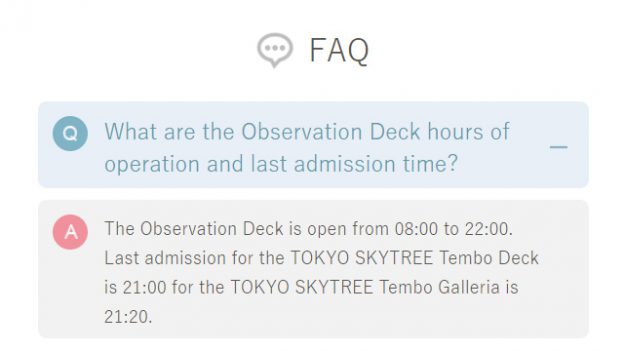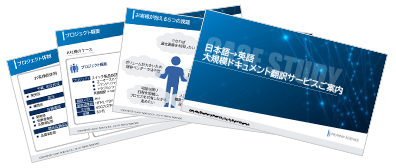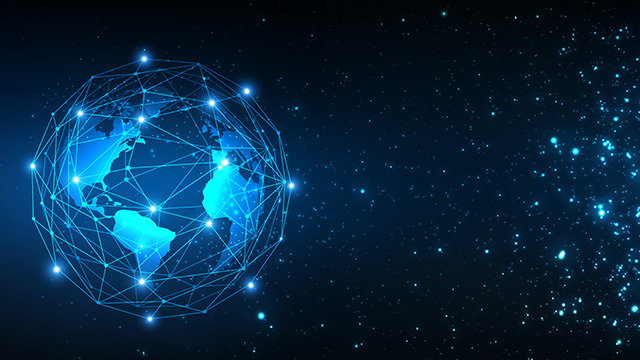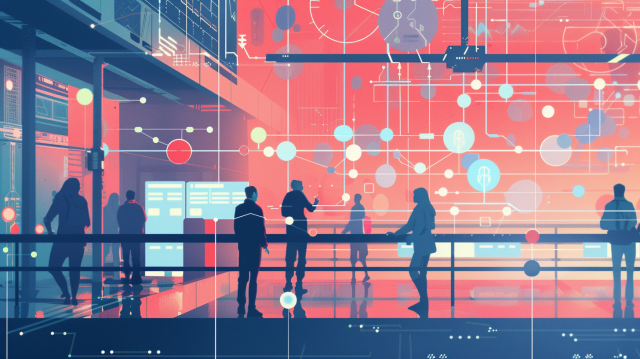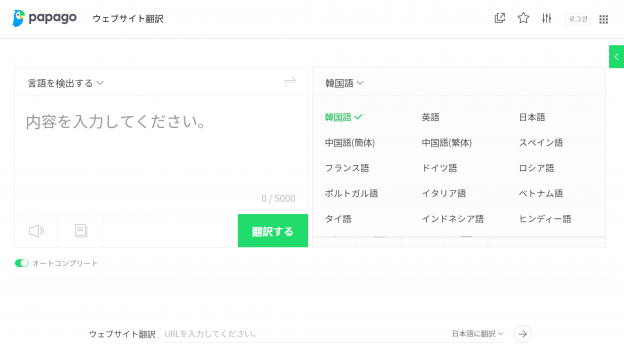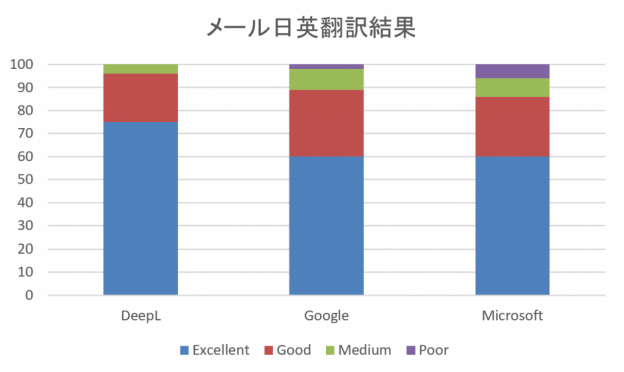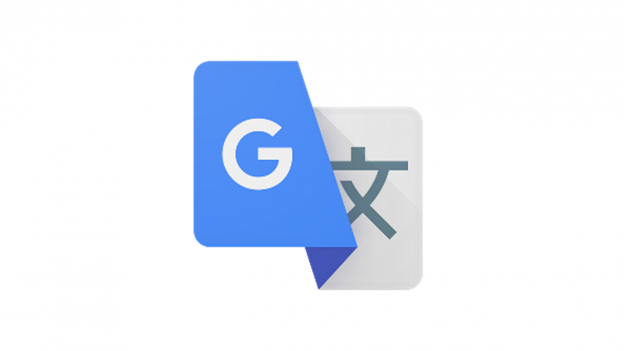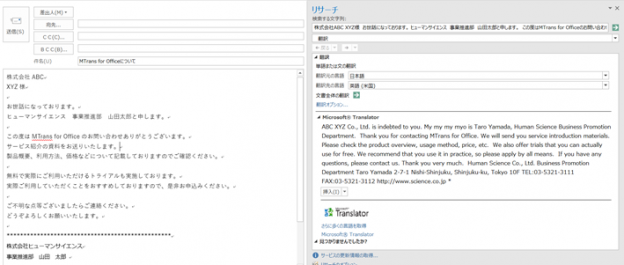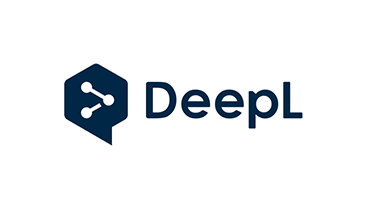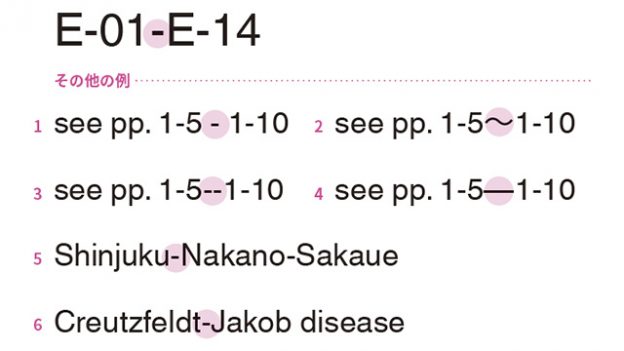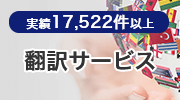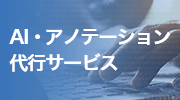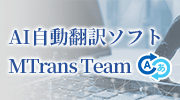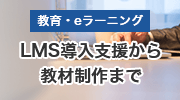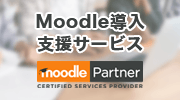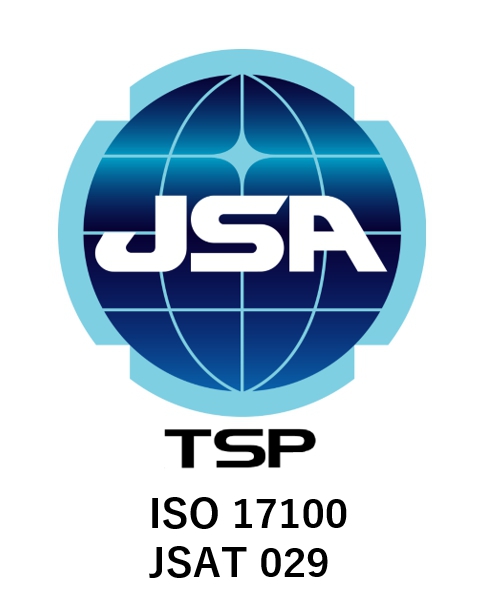What do you think of this typesetting?

I would like to make corrections to this typesetting because there are some distracting notations. Where and how should I make the corrections to improve it?
Table of Contents
>>Translation Services by Human Science Co., Ltd.
>>Related Materials: Post-edit Quality Check Sheet Download
Negative Points

Improvement Plan

Do not capitalize the entire word
Proper nouns should only have the first letter capitalized as the standard notation. Do not capitalize the entire word. Capitalization can give readers a more aggressive and vulgar impression than Japanese people imagine. This can damage the credibility of the document and, ultimately, the image of the product or company.
In addition, capital words are too noticeable and can disrupt the tone and rhythm of the sentence, making it physically difficult to read. Moreover, even though the main topic of this sentence should be business hours, only the facility name stands out, making the intended message unclear.
Even if the logo mark or product name is made up of only capital letters, it is different when it comes to the text. The purpose of the text is not to reproduce the logo, but to convey information, so let's prioritize readability and replace all letters except the first letter with lowercase. Also, Observation Deck is not a proper noun, so it should be all lowercase.
Although it may be a bit off topic, even if you write Tembo, it may not be understood by foreigners, and the pun of "Tenbo" based on the word "tenbou" (prospect) may not be conveyed. The important thing is to convey information, so (for the second time) it should have simply been translated as "observation deck/observation corridor". Whether to keep the proper nouns of the source language depends on the situation.
In Japanese, it would be

It may not make sense if I say "vulgar" or "obtrusive", so let me give an example in Japanese. It seems like it's demanding "Remember my name!" This kind of typesetting is strange, isn't it? It's okay to use capital letters for things that are meant to catch attention, like signs, billboards, book titles, or product names on packaging. However, let's avoid using capital letters for words in the main text that are meant to be read.
Do not capitalize the entire text

This time, the entire text is in uppercase. Wow, that's something. If you shout like this, everyone will turn away and cover their ears.
When composing only in capital letters, it stands out but becomes extremely difficult to read. This is because the uniform height of the letters eliminates the differences in the outlines of words, making them difficult to distinguish. It is appropriate to make the WARNING in the heading stand out in capital letters, but since it is necessary for the body to be read and understood properly, readability must be prioritized.
In the improvement plan, we have changed the text to the usual notation. We have made it clear that only DO NOT should be capitalized, but there is no problem even if it is in lowercase. It seems that there are cases where full capitalization is required by consumer protection laws, but from a typesetting perspective, we do not recommend it at all.
So, unless you want to make it difficult or unappealing for readers to read, be careful not to use capital letters recklessly in Western typesetting. Do you want to be seen as someone like that?

>>Translation Services by Human Science Co., Ltd.
>>Related Materials: Post-edit Quality Check Sheet Download
Main Reference Materials
Kobayashi Akira "Etiquette Examples for Western Typesetting: Not Reproducing Logos in Text" Type Director's Eye (Blog), 2020
https://blog.excite.co.jp/t-director/29042066/
Takaoka Masao "Fundamentals and Etiquette of Western Typesetting" Bijutsu Shuppan-sha, 2010
Tashiro Mari and Kobayashi Akira "How to Organize English Information for Readers" Type& 2015 (Lecture), 2015

